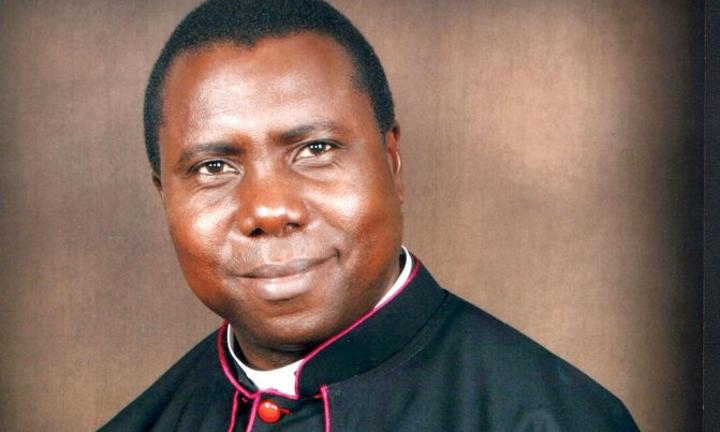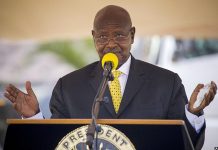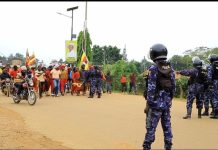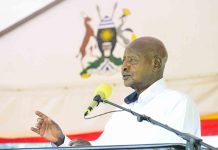Africa-Press – Uganda. Ugandans have been commended for the peaceful exercise of presidential and parliamentary elections.
The rather surprise behaviour followed a wave of violence that characterised the campaigning period, in which many people were killed, bruised, and lost their property.
Much of the violence was, paradoxically, instigated by State security agencies purportedly in a pre-emptive move against perceived civil unrest, especially by the youth.
However, this was not the first time Ugandans have demonstrated their pursuance for peace through peaceful means.
The word in the Hebrew Bible for peace is “shalom.” Shalom begins when God called order out of the chaos at creation, and it continues as God brings order to the chaos of our lives.
Shalom is present in every story of reconciliation – reconciliation with God, reconciliation with our brother or sister, reconciliation with our enemy, and reconciliation with the entire creation.
The moment we become sectarian and see ourselves as separate from others and from nature, insecurity and violence arise. In an attempt to curb the perceived insecurity, we end up building walls around us.
Yet ancient cities such as Jericho, did not experience lasting security and peace (see Joshua 6:1-27). It is only when we understand our part in an overall unity that we appreciate the possibility of peace on a large scale.
Peace and security are as essential to society as food and water are to living organisms: They are mandatory for maintained growth. Peace and security are sought by all individuals, organisations, and States be it personal security, food security, financial security, or military security.
We create organisations like United Nations, African Union and East African Community to maintain peace and security. International and other laws are put in place to check wars, settle disputes, maintain security and advance peace.
It is only through a conducive environment of free and fair election that citizens may entrust their leaders with the task of realising sustainable peace, security and integral development.
It is in pursuance of the same that civilians normally prefer a civilian to a military kind of government. They know that militarism and democracy are opposites. Representative civilian leadership puts the control and the power in the hands of the people, but not the military.
The armed forces of a country exist to protect it, not to rule it. The military hierarchy is not democratic as soldiers do not vote who becomes their general. Military personnel are not trained to be bureaucrats and fulfill civil servant roles. They rely on orders from above. When entrusted with State power, the military hierarchy tend to degenerate into corrupt administrators of the resources of a nation.
In a civilian governance, those chosen to lead endeavour to keep the people’s trust, lest they be rendered jobless at the next election. Whereas those who capture power by force will rely on keeping it by force, this breeds endless dictatorship.
Countries that are ruled by civilian government are more stable and the citizens are freer. Democratic civil leadership is better at upholding the human rights and assuring that nobody overstays in State power.
“Power tends to corrupt and absolute power corrupts absolutely. Great men are almost always bad men,” says John Emerich Edward Dalberg Acton (1887).
St Paul speaks of a “peace that passes all understanding.” It starts in the inside, but has impact on the outside. It results from filling our minds with the splendour of truth and doing things God’s way. It compels us to listen to Gods’ prophets, rather than ignore or even persecute them.
Ultimately, we need a new generation of peace thinkers and leaders with emphasis on teaching tolerance and non-violence. “Blessed are the peacemakers, for they shall be called children of God.” (Matthew 5:9). Shalom.






